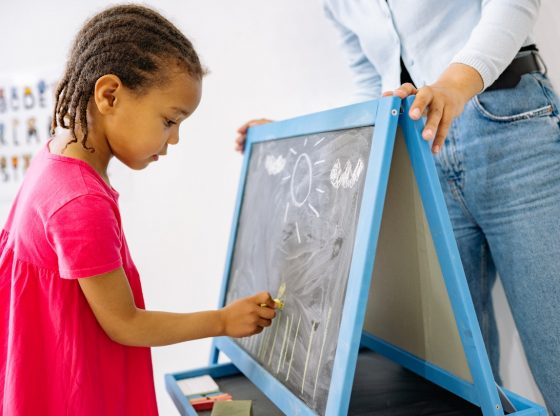The challenges instigated by Covid-19 world over have complicated normal learning in our communities and in particular Uganda where schools at all levels have been closed again in June 2021 due to the second wave of covid-19 after a turbulent first wave that was also characterized by school closures. Much as some classes and levels had reported back after a significant decline in covid-19 first wave, other classes had not yet reported back and this makes the situation of the learners especially those in lower class levels of primary and nursery a complex one.
A lot of proposals have been put up such as e-learning which has some challenges especially here in Uganda where the internet is slow, expensive, and where quite a majority of learners cannot access smartphones or computers, plus most of the population being unable to access electricity. Albeit this proposal is the way to go especially when these issues are solved, there is still a long way for e-learning to be successful especially in the lower levels of education which need a lot of physical encounter from teachers.
This, therefore, homeschooling which is a way in which parents educate their children at home instead of sending them to a traditional public or private school, could be a way to go here in Uganda given the current pandemic situation. This mode of schooling is picking shape especially in developed countries where according to the National Home Education Research Institute, there are now more than 2 million children being homeschooled in the U.S. It should be noted that in some countries, homeschooling is illegal.
Most able families here in Uganda especially after this Covid-19 interruption, have resorted to gathering their children or few families to join together and they hire a qualified teacher to facilitate this homeschooling in their vicinities.
This form of learning coupled with TV/Radio teaching that is ongoing now will at least make these children continue normally with schooling and whenever the situation normalize, these learners would have advanced to other levels of class where applicable or even sit for national exams rather than just sitting and aging at home. Research shows that when there is a prolonged break in studying especially at early levels of education, learners tend to forget everything and they easily get demotivated.
Worth noting is, learners especially those still in lower levels of school such as pre-primary and lower primary, a lot of efforts are required to make this homeschooling a success. Factors that can make this schooling successful range from;
- Designing clear timetables for learners to follow at all times, should include breaks for learners to play and refresh where applicable. Holidays can also be given ranging from weeks to one month especially when a learner is advancing to another level.
- Strict following up of the syllabuses for individual classes.
- Some parents will make their children put on uniforms so as to psychologically have that feeling that it is a serious business since some learners can be stubborn and fail to take this whole process seriously.
- Teachers/facilitators should endeavor to adhere to different social and community norms of the learners.
This form of schooling has quite some advantages such as;
- Facilitators of this learning will be able to identify individual weaknesses of the learners since they are few, they can dictate their pace and there is free interaction.
- Parents have a choice of the teacher/facilitator they want to manage their children; this is so good because a capable one who suits the needs of the learners and with proven expertise and knowledge is chosen, unlike normal schools where a parent has no choice of the teacher.
- It is so cheap and results easily quantified, unlike normal schools where parents have to pay huge sums of school fees and other school needs.
- Since these learners will spend more time at home with parents and other caretakers, life skills can be learned such as cooking, budgeting, and doing other house works which have been missing of late since learners have been spending much time in schools and sometimes even learning in holidays.
- This form of learning will save the learners from toxic environments out there where sometimes inappropriate behaviors such as drug abuse, bullying have been learned.
- Many parents especially in jobs that make them get relocated to different places have been facing the challenge of changing schools frequently for their children which negatively affects their academic performance. With this homeschooling, this problem is solved.
However, homeschooling has some shortcomings such as;
- Homeschooling can be very stressful especially when learners are slow.
- It can also be expensive especially if you are to hire facilitators, buying playing materials, study materials, and other learning curricula.
- Learners may not take this form of schooling seriously since these facilitators sometimes will fear reprimanding learners who are problematic and don’t want to study since they want to safeguard their jobs.
- Social benefits such as playing with friends, learning from other learners, and being exposed to different learning environments may be missed yet it is an integral part of learning.


